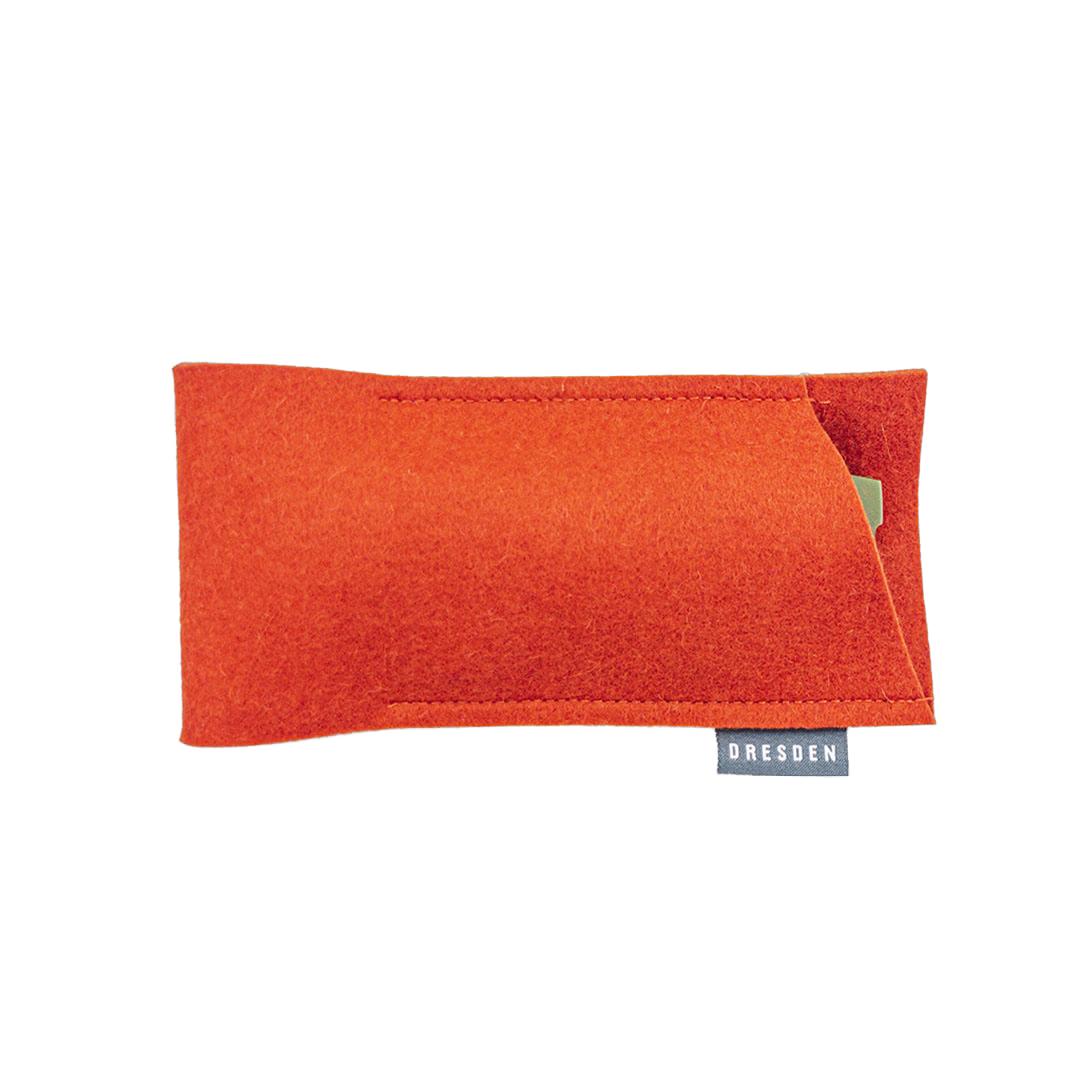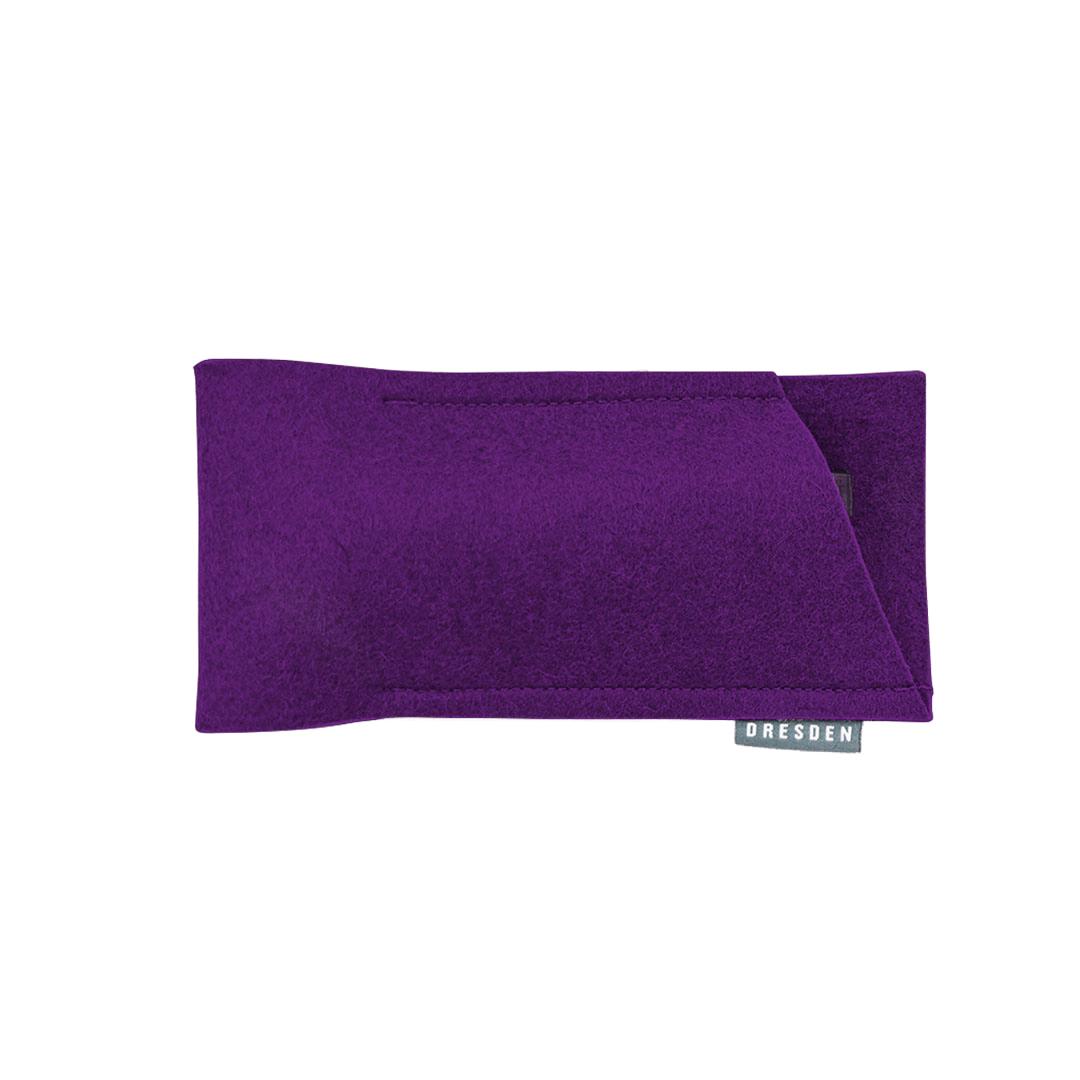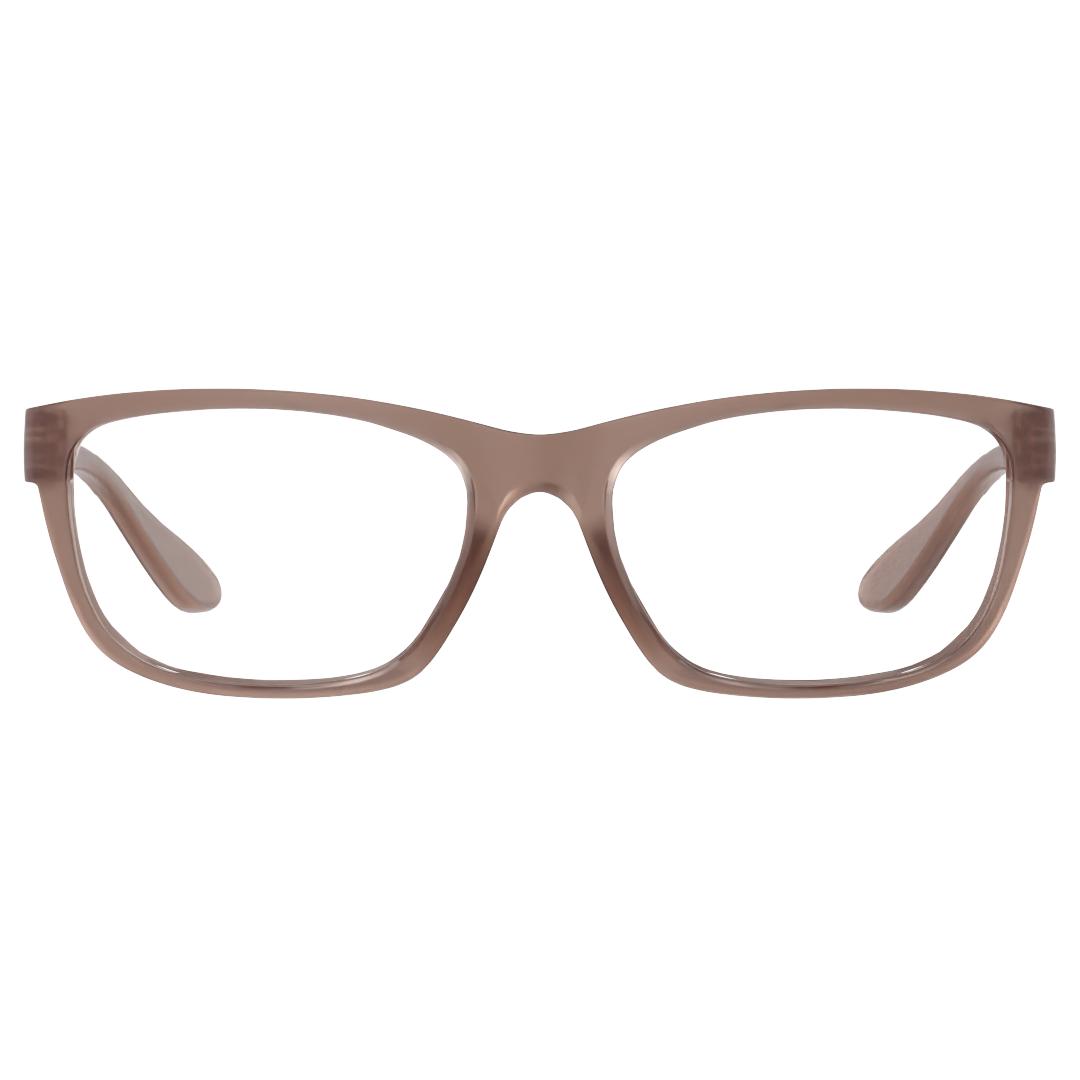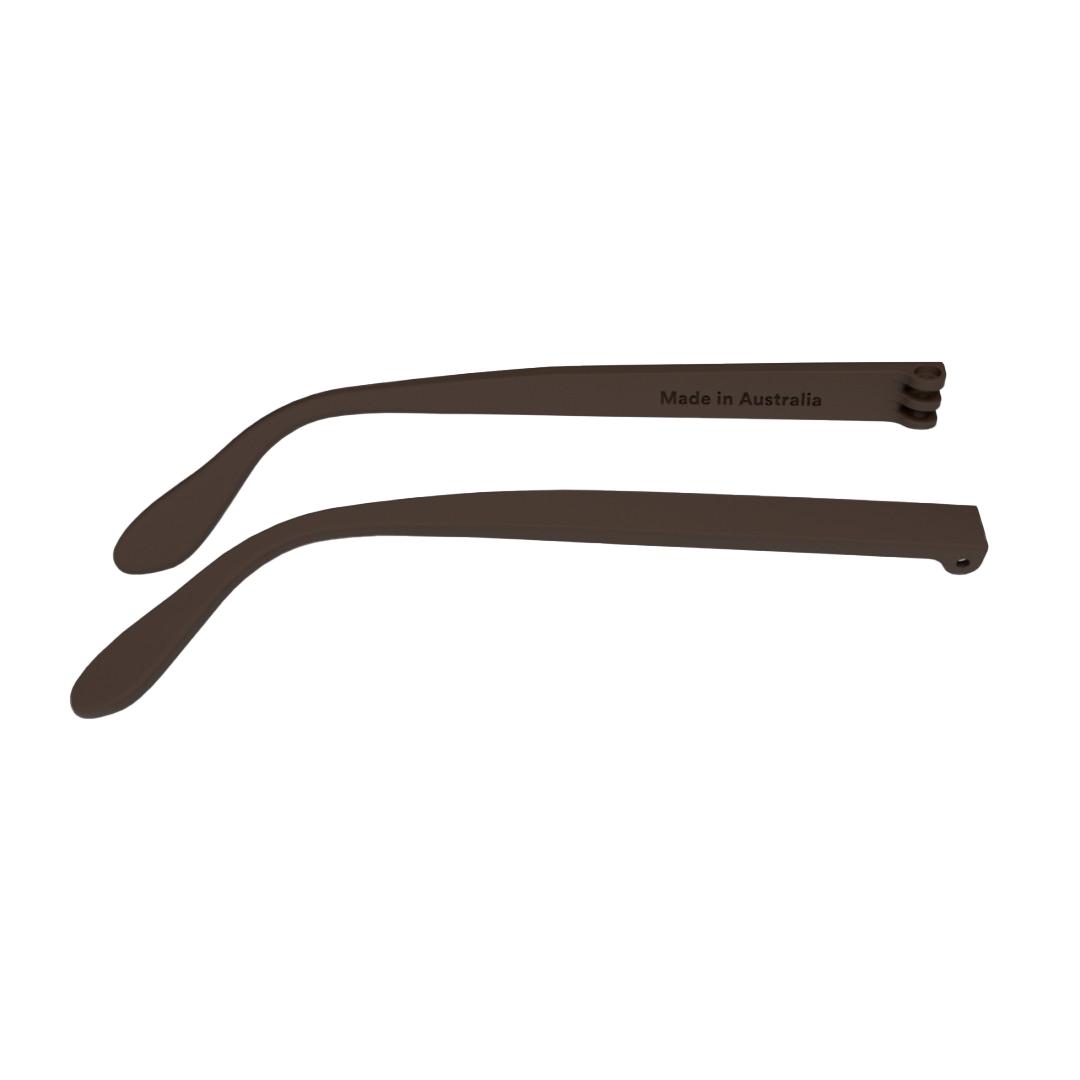Your Dresden Glasses
Made in Australia
Our frames are manufactured in Sydney, by us.
Sustainable
Made from recycled and recyclable materials that don’t cost the earth.
10 Year Frame Warranty
Built to last. No questions asked - you break them, we’ll replace them
Mix & Match
Customise your frames with modular parts
Easy Returns
Your money back if you change your mind in the first 30 days, no questions asked.
Affordable
Made for everyone, and every day - without the ridiculous price tag.
Customer reviews on Google








Absolutely love my new glasses - can't wait to come back for my next pair! Both Alice and Jonathan are wonderful.
Scania Icao - Newtown
Broke my glasses today, but lucky for me the shop was open. They replaced my frame, no hassle, in less than 1 min, under warranty. Definitely a brand that goes above and beyond for their customers. Exceptional service! Best glasses and sunnies I've owned.
Alexandra Mavros - Newtown
The glasses are amazing value, light and with the fantastic warranty on the frames you don't have to wrap them in cotton wool after each time you use them.
Adrian Faccioni - Newtown
Absolute best place to get your eyes tested and purchase glasses. Great service. Excellent value for money. 10 year warranty. I'm looking forward to seeing more colours in the future so I can mix and match frames and arms even more. Very happy.
Lucy Birss - Newtown
Clean, friendly & professional!! Many frames to choose from. Vibrant and welcoming - I had a thorough check up to Recheck prescription and the Optometrist himself was experienced and knowledgeable. Handy location also. Would recommend to young and old
Ellonie Norris - West End
Great customer service. Very caring and attentive eye test. Good looking frames. The lenses are clear and light. I'm a big fan of Dresden.
Michael Huntington - Newtown North
Professional, very affordable (my health fund covered the lot), and super friendly. Helpful above and beyond. I'll be back in the future no question.
Cico Lobbert - Geelong
Amazing service from the whole team. Super happy with the speed and friendliness of the test and fitting.
james connolly - Fitzroy
Very impressed! Excellent customer service. Excellent value for money. Love my new glasses. Thank you Dresden vision. Will definitely be coming back.
nikki - Fitzroy









